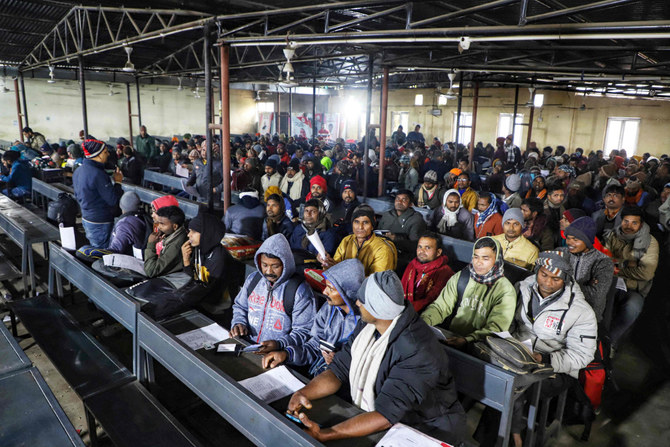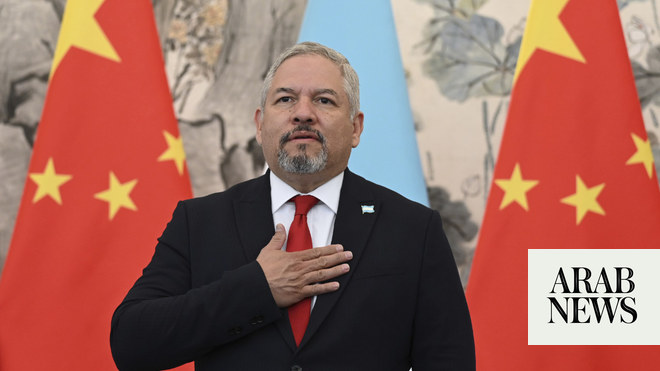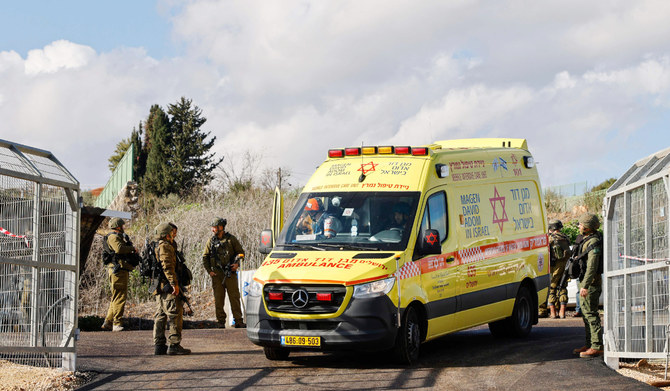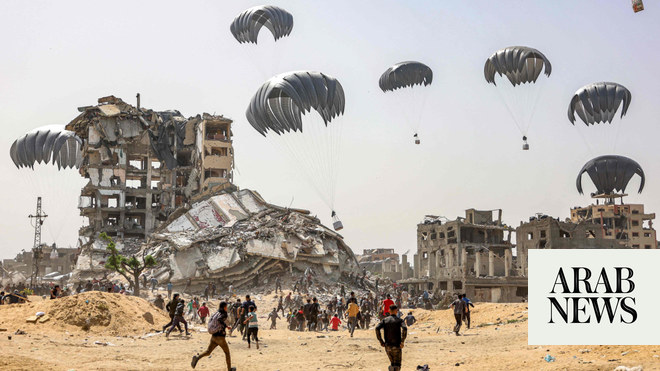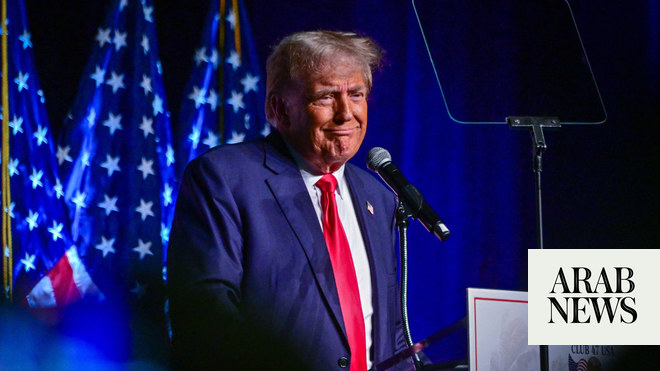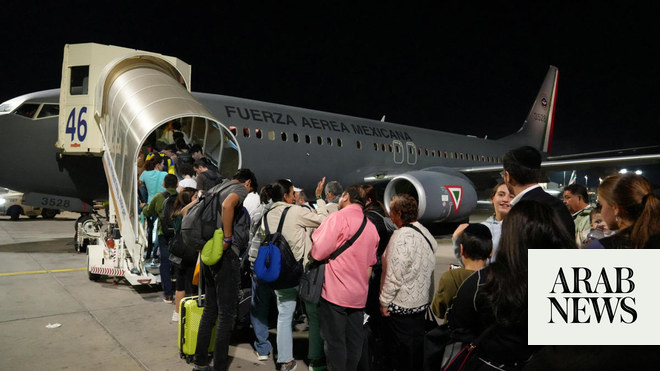
About 20 percent of Israel’s 9.5 million inhabitants are Arab, and many of them identify as Palestinian
TEL AVIV: Comedian Ayman Nahas said he has kept a “low profile” since Oct. 7, fearing reprisals as an Arab artist in Israel while the country wages war in the Gaza Strip.
He is one of many Arab artists in Israel or annexed East Jerusalem who describe facing increasing hostility and harassment and fearing looming funding cuts or arrests.
“You never know where your place is, and that is not the right atmosphere to perform,” said Nahas, the artistic director at the Arabic-language Sard theater in Haifa, in Israel’s north.
He said that his theater depends on government subsidies “like 99 percent of cultural spaces” in Israel.
But he fears the money could be cut, as happened in 2015 to Al-Midan, another theater in the mixed Arab-Jewish city of Haifa, after it put on a play inspired by the story of a prisoner jailed by Israel over an attack on troops.
One 25-year-old performer, who asked to use the pseudonym Elias to avoid a backlash, said he has put acting aside and became a swimming pool attendant because he was fed up with only getting stereotyped roles.
Other Arab actors say that since the war, they can no longer find work in Israel. Elias has finally found a role in Berlin.
“I have had to go into exile to practice my art,” he said in a Tel Aviv cafe.
“I don’t wear my ‘Free Palestine’ bracelet anymore, and I take care of what I put on social media. I have friends who the police have visited.”
Nonprofit group Mossawa has documented an increase in human rights violations against Israel’s Arab minority since October, including arrests, discrimination at work, and harassment at schools, as well as curbs on the right to protest.
Singer Dalal Abu Amneh, who is also a neuroscientist, was detained for 48 hours for a social media post after Hamas’s Oct. 7 attack that said “the only victor is God.”
Abu Amneh later said she had been harassed in her Jewish-majority hometown of Afula in northern Israel. Her lawyer said she had received hundreds of “death threats.”
About 20 percent of Israel’s 9.5 million inhabitants are Arab, and many of them identify as Palestinian.
They say they are frequently the targets of discrimination by the Jewish majority, and those complaints have grown through more than nine months of war between Israel and Palestinian militants in Gaza.
Huda Imam, who promotes Palestinian cultural sites in Jerusalem, said that “a cultural silence has taken hold since Oct. 7.”
“There has been a shock, an inability to produce out of fear and respect” for the war’s victims, she added.
“There was a Palestinian cultural life before the war, especially in east Jerusalem,” Imam said, referring to the sector Israel captured in 1967 and later annexed in a move never recognized by most of the international community.
“Now people don’t go out.”
And it is primarily exiles “who give a voice to Palestine,” said Imam, highlighting the rapper Saint Levant, who played at the Coachella music festival in the US in April, and the European-based singer and flute player Nai Barghouti.
Palestinians still express themselves through their “living heritage, like drinking coffee or dancing dabkeh,” a traditional dance, said artist Hani Amra.
Some artists wondered about the relevance of their work now.
“You turn on the television, and you see the war live. The reality is more powerful than any artistic work,” Amer Khalil, the director of east Jerusalem’s Al-Hakawati, also known as the Palestinian National Theater.
The theater, founded in 1984, “has been closed more than 200 times in 40 years” and is again in the crosshairs of Israeli authorities, said Khalil.
“Running a theater is always difficult, but after Oct. 7 things became even more complicated,” he said, adding that Al-Hakawati was preparing a play about that day.
“It is a game, like censorship. It comes and goes.”





